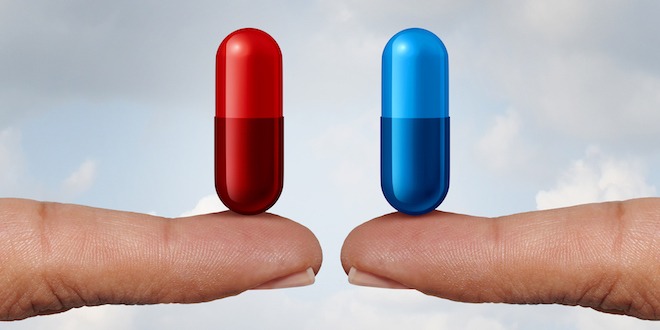Has your pharmacist ever suggested that you could save money by switching to a generic diabetes medication instead of the brand name your health professional has recommended? Most of us have been in this situation and may have had slight concerns about whether to follow the advice. Let’s take a look at what's the difference between a generic and a brand medication.
Generic medications are low-cost versions of brand-name medications whose patents have run out. The patent life is what determines when a generic medication can be developed. From a product quality, effectiveness and safety perspective, there is no difference.
What are brand medications?
Brand medications are drugs that are originally invented and developed by a pharmaceutical company. Before a company may sell a product, it must be approved as a new medication by Health Canada, and must meet rigorous standards.
The costs of bringing a new medication to the market can be very high. To recoup some of these costs, companies take out patent protection on their brand name medications. Patents usually last 20 years. During this period, no generic versions of the medications may be sold.
What are generic medications?
When a patent expires on a brand medication, other companies may develop their own generic versions of the drug. Generic drug manufacturers must meet the same rigorous norms and standards as the original brand medications, and must provide proof to Health Canada that they are as safe and effective. The manufacturer must also prove the active ingredients are as pure, dissolve at the same rate, and are absorbed in the same manner at the original product. For more information, see the Canadian Generic Pharmaceutical Association.
However, because the original testing and costs of bringing the medication to market were born by the original brand manufacturer, generic drug manufacturers are able to sell their non-branded products at a much lower cost than the original brand names.
Differences you may notice
Although the active ingredients in a generic medication must be equally effective as those in the original branded version, the drug may differ in other ways. For example, a generic drug may be different in colour, taste, shape, inactive ingredients and packaging. It will also have a different name.
How to take advantage of generic drugs
Most pharmacists will advise their customers if there are available generic drugs for brand medications prescribed by a member of the diabetes healthcare team. However, if you are uncertain, talk to your pharmacist.
 Diabetes Care Community Learn, connect and care
Diabetes Care Community Learn, connect and care




